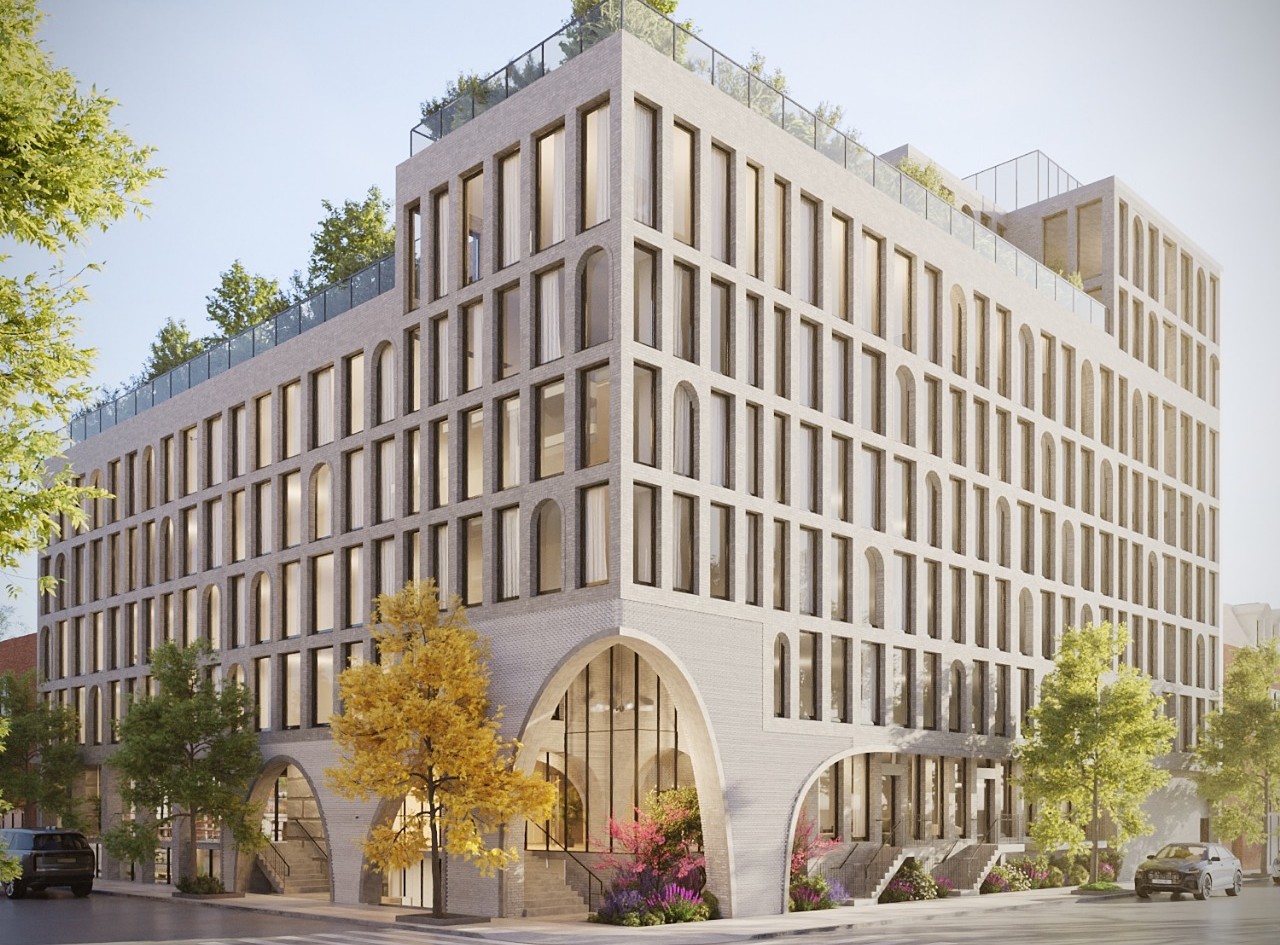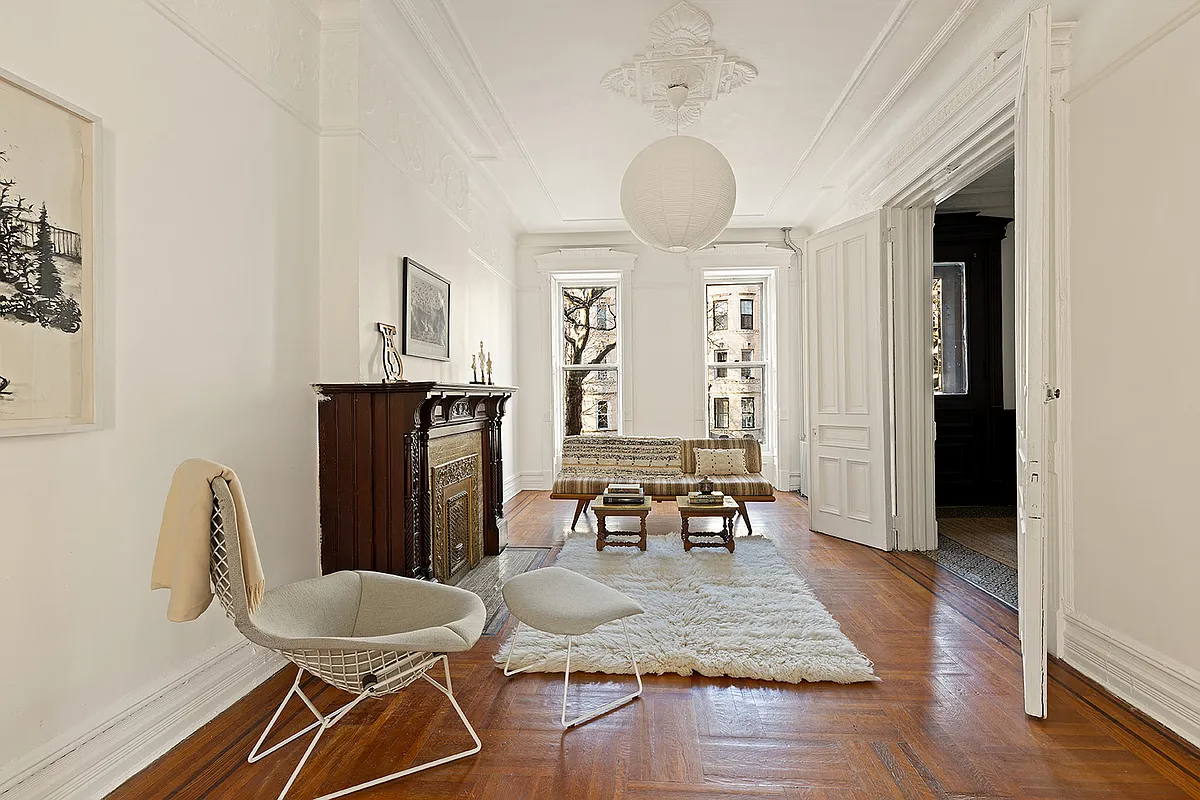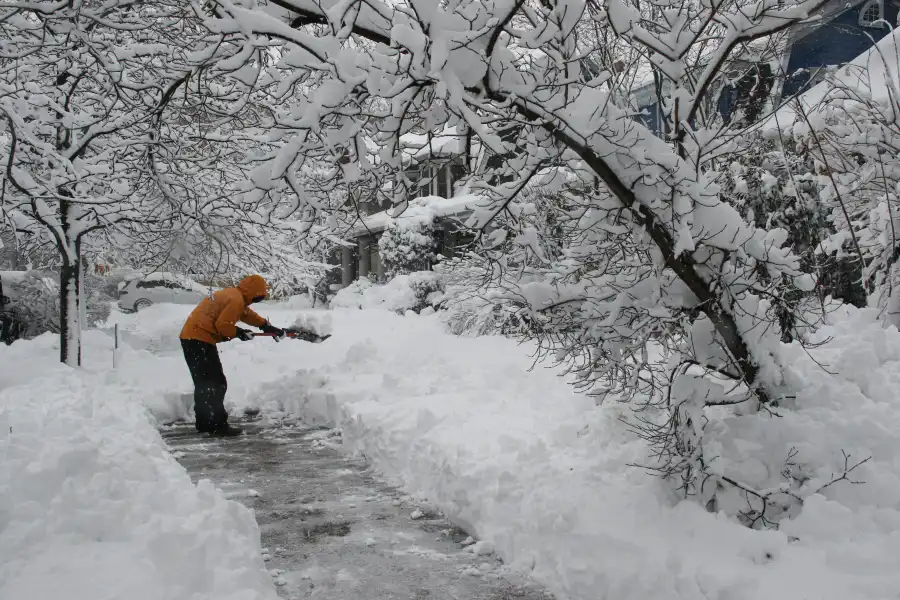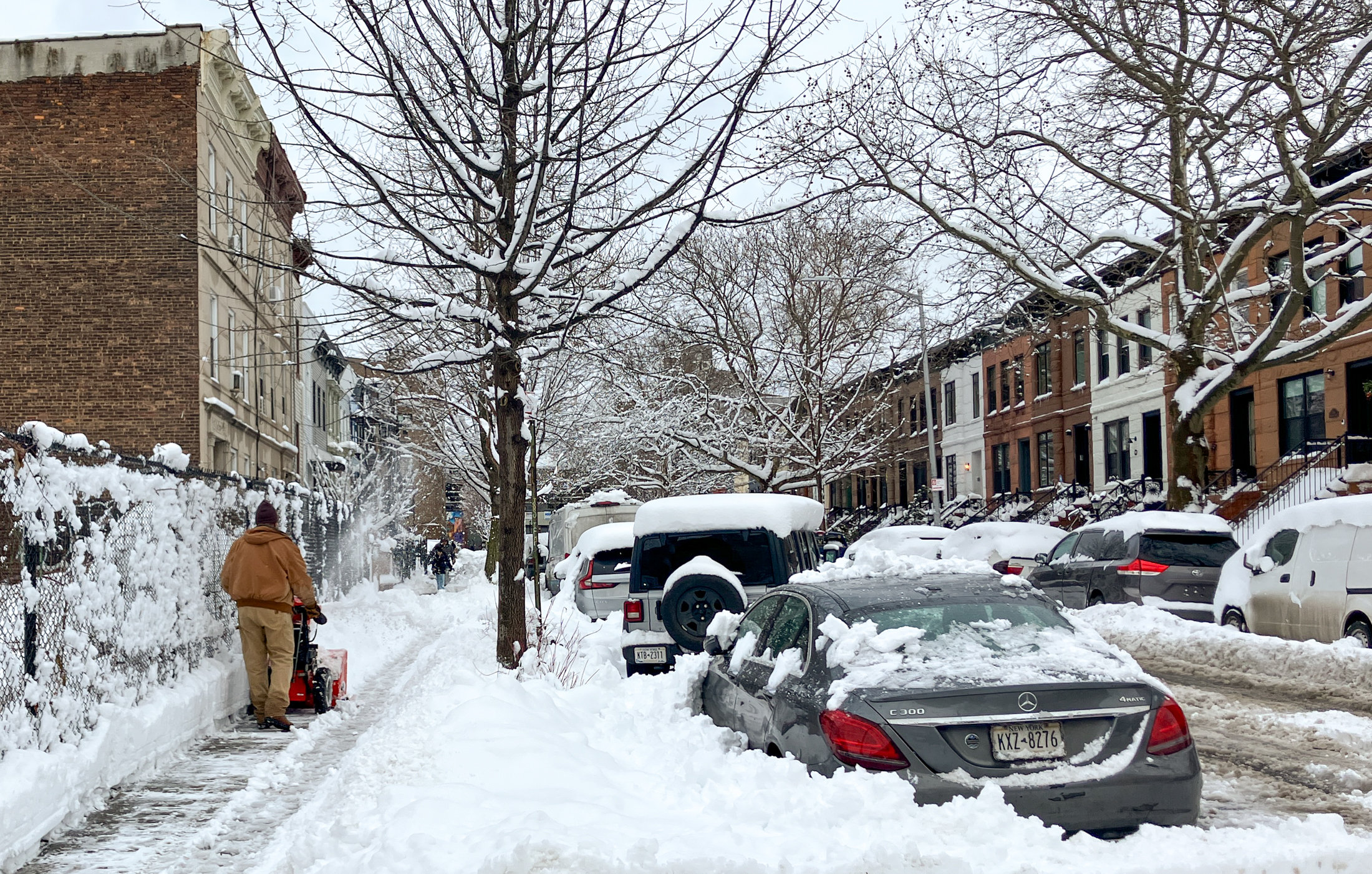Latest S&P Numbers: Surprise! They Ain't Good
The Journal reports that the most recent S&P/Case-Shiller indexes, which covered home-price trends in 20 major metropolitan areas through April, show home prices dropping 15.3 percent in the past year—a record decline. The continued devaluation of residential real estate across the country set home prices back to where they were a whole three years ago,…


The Journal reports that the most recent S&P/Case-Shiller indexes, which covered home-price trends in 20 major metropolitan areas through April, show home prices dropping 15.3 percent in the past year—a record decline. The continued devaluation of residential real estate across the country set home prices back to where they were a whole three years ago, even though eight of metropolitan areas included in the index showed a bit of improvement over March of this year. There was no region studied, however, that did not post a year-over-year decline in prices. Vegas and Miami saw the biggest price drops between April ’07 and April ’08, while Charlotte and Dallas fared the best. The New York region was somewhere in the middle, with a year-over-year decline of 8.4 percent and a 1.3 percent dip between March ’08 and April ’08. “There might be some regional pockets of improvement,” said David M. Blitzer, chairman of Standard & Poor’s index committee, though “on an annual basis the overall numbers continue to decline.”
Home-Price Gains Are Erased, Now Stand at 2004-2005 Levels [WSJ]
Graphic from the Wall Street Journal.





“Show me a profit on a Brooklyn brownstone somebody owns for 5 to 10 years.”
1996 – Bought brownstone for 769K.
2008 – Sold Brownstone for 2.9 million
“11:36 — if gas doubles, a Orange NJ commuter might pay an extra 2k / year to live there. That isn’t going to convince anyone to spend an extra $1m to buy in Park Slope. Especially since the difference in car insurance rates and parking is far more than that anyway.”
You aren’t very smart. NO ONE in Orange doesn’t have TWO cars, so that’s $4,000 more a year to START. That is a huge increase in only 2 years.
Then you are forgetting heating bills. My sister pays $500 a month to heat her suburban home. And it’s not very big.
That’s compared to my $30 a month con ed bill.
There is a lot that goes into it. Some people don’t want to move to the suburbs because they are social wastelands.
“Actually, urbanization was the core dynamic behind the improvements in Bklyn long BEFORE the bubble.”
Significant, noticeable improvements did not come before the bubble. It took easy money, I mean DEBT, and THAT was the ticket for these wild price increases, not urbanization.
Anyone who moves to this city because it’s cheaper needs a course in remedial math.
Actually, urbanization was the core dynamic behind the improvements in Bklyn long BEFORE the bubble.
“But they only look at houses that were bought and sold within a two-year period!”
No. They look at repeat sales. There’s no time limit.
“But they only look at houses that were bought and sold within a two-year period!”
That is false. They match sales with “any
previous sale for the same home”.
Are you deliberately slandering them or just repeating some nonsense you heard without checking it? http://www2.standardandpoors.com/spf/pdf/index/SP_CS_Home_Price_Indices_Methodology_Web.pdf
The urbanization argument is classic bubble hype. Code for “New Paradigm”. During the tech boom it was the “New Economy”. We bought into it and look what happened.
There is some truth to it but when used to justify record price movements caused by nothing more than cheap easy credit, it’s overdone. Where was this urbanization argument when home prices took off?
Oil is also in bubble mode and will soon crash. Even if I’m wrong and there is some truth to the oil supply argument, alternative fuels will eventually make suburban living affordable again.
Hmph. For me, most of what made Brooklyn more attractive than NJ was that it was more economically diverse and cheaper, so I had more freedom for interesting things and neighbors available to do them with me. Not so true anymore.
You give up a lot of freedom to take on a $2m mortgage to buy in PS when you could get a nicer house for half the price in West Orange without all your new neighbors working for hedge funds.